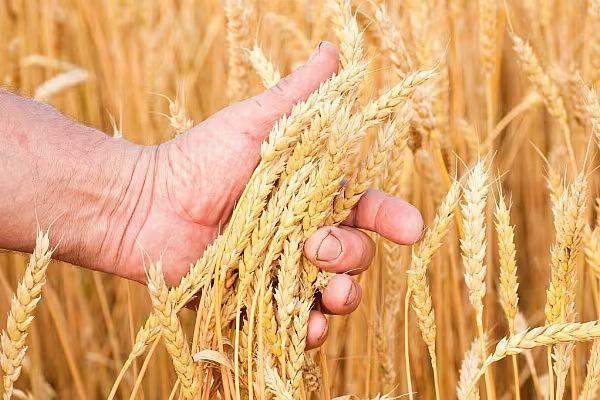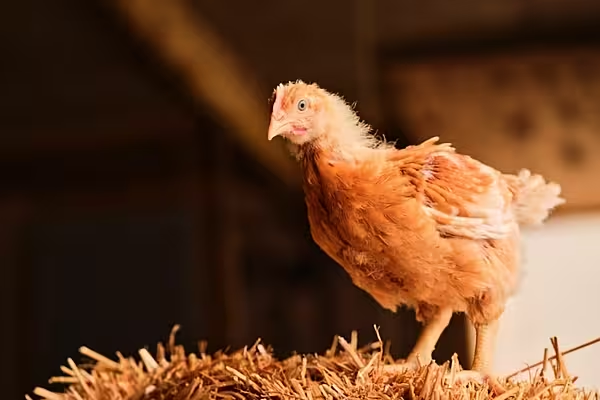Flour mills in France are facing higher costs and a long search for grain as they feel the effects of a dire wheat harvest, the country's milling industry association said.
Heavy rain and below-normal sunshine during the growing season led to a soft wheat crop with the smallest volume since the 1980s and poor readings for test weights, an important measure of milling quality.
Just 28% of the crop was showing test weights - which determine the amount of flour extracted from wheat - meeting the usual standard of 76 kilos per hectolitre, farm office FranceAgriMer said.
As millers process wheat with low test weights, they were expected to grind 5%-6% more crop than last season for an equivalent amount of flour, thereby raising their costs, Jean-Jerome Javelaud, vice president of industry association ANMF, told Reuters.
Millers are having to wait to secure supply as grain handlers sort wheat and farmers hold back on selling in response to international wheat prices that barely cover their costs, Javelaud said.
'A Long Season'
"It's going to be a long season," he said. "Millers are very aware they are going to have to work with test weights of 73, 72, maybe even 71 kilos."
In northeast France, where Javelaud runs a mill, the task was particularly arduous, with around half of the soft wheat crop downgraded to animal feed due to test weights below 70 kilos.
But there was no risk of supply shortages, with the domestic milling industry using about 5 million metric tonnes of wheat annually, a relatively small portion even of this year's crop estimated at less than 26 million tonnes.
The main impact is expected to be on exports, with French 2024/25 shipments outside the European Union forecast by FranceAgriMer to plunge by 61% from last season.
Increased extraction costs for millers may also be offset by moderate wheat prices, making it unlikely that consumers will see inflation effects like two years ago when Russia's invasion of Ukraine caused commodity prices to spiral, Javelaud added.











